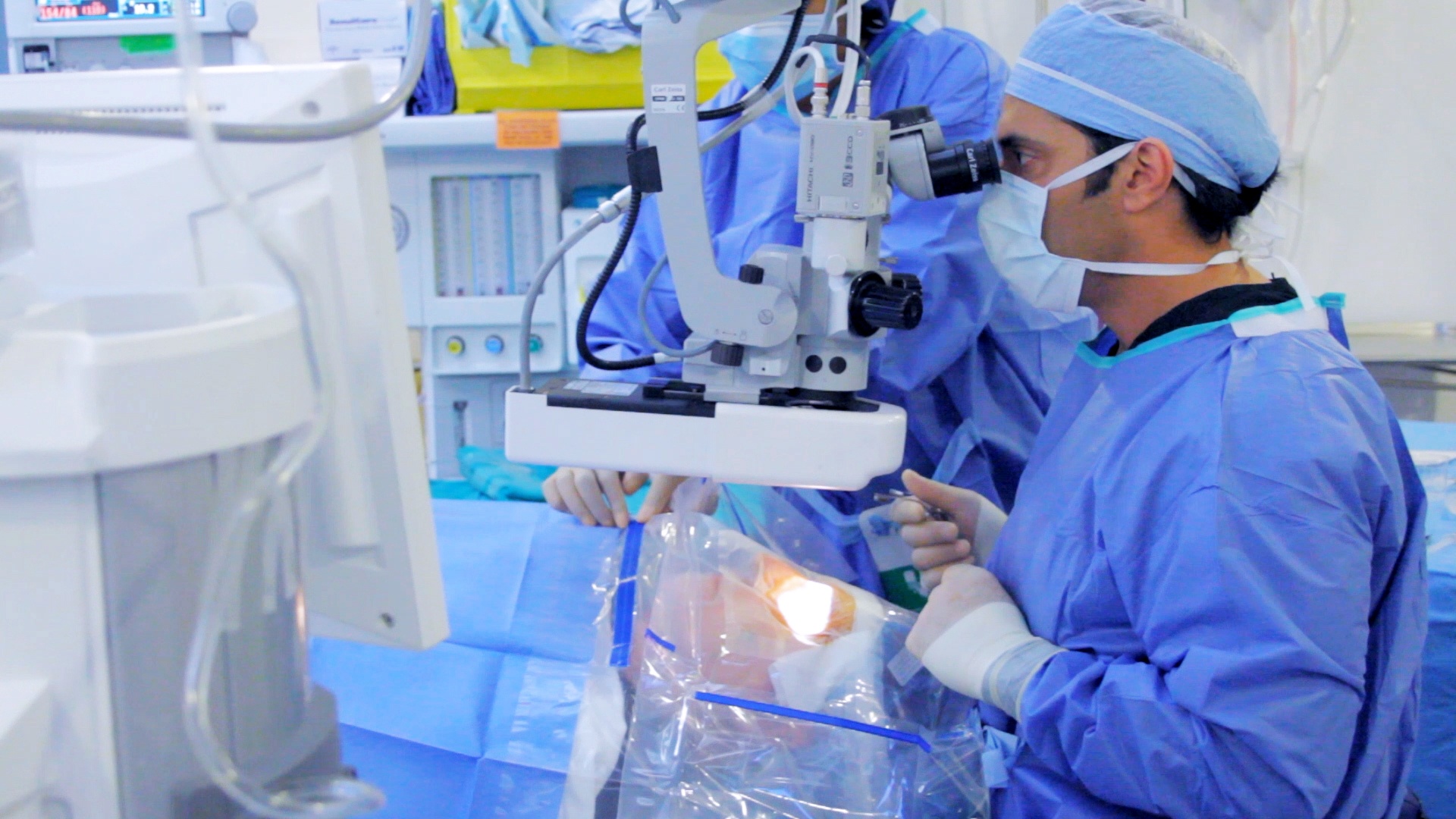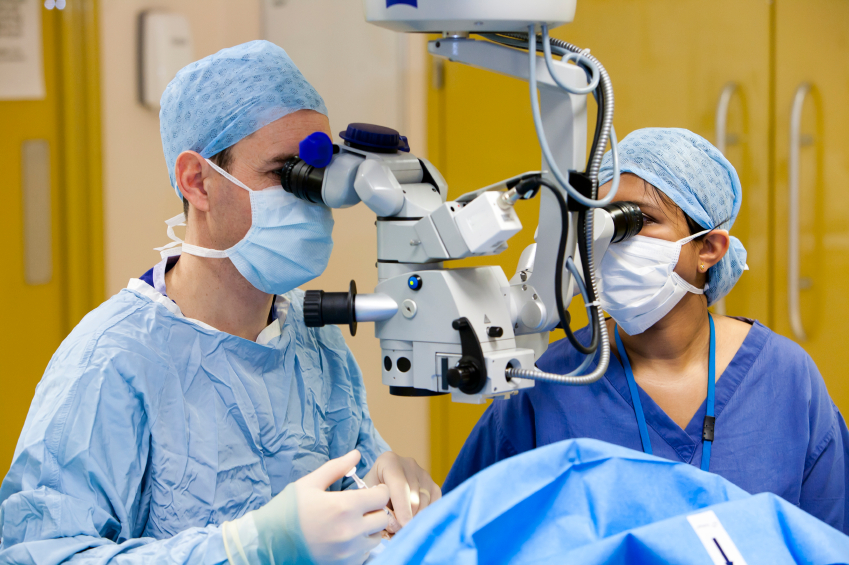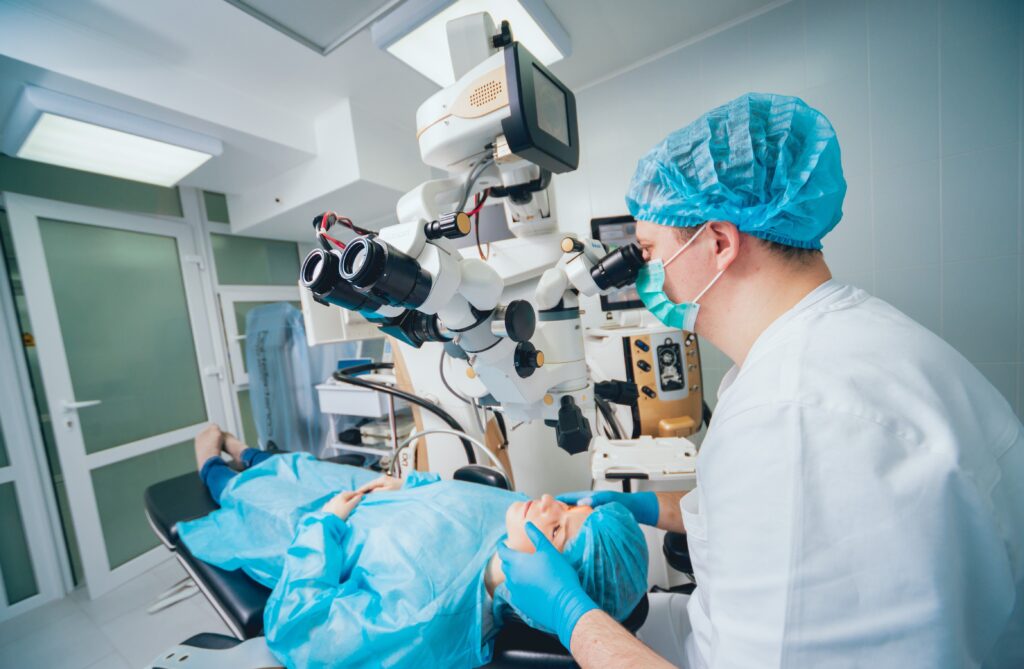How to handle the post-surgical complications of a cataract surgery

Cataract surgery is a very simple and fast treatment with a high success rate. This success rate, on the other hand, is highly contingent on your ability to recover.
Patients must follow a few post-operative recovery protocols to achieve the best possible result, despite the treatment being very risk-free. Despite the life-changing advantages of this surgery, careful aftercare is essential. This article outlines all you need to know about the finest post-cataract rehabilitation steps.
What Can You Expect After Your Surgery?
While the recovery period after cataract surgery is generally short in comparison to other procedures, there are still critical measures to follow.
You risk acquiring problems, infection, and spending more time in the doctor’s office than necessary if you neglect these phases of recuperation.

You won’t be able to drive after cataract surgery, so make arrangements for alternative transportation ahead of time.
Following surgery, you will be taken to a recovery room where a protective shield will be put over your eyes to avoid contact or rubbing. Rest time in the recovery room is usually between 30 and 60 minutes to let any anesthetic or sedative effects to wear off. Because your surgeon will be paying you a visit, don’t be hesitant to ask about any potential recovery difficulties or what to expect.
Six Steps to a Quick Recovery After Cataract Surgery
In general, your eye surgeon will advise you to take the following important recovery steps:
1. DO NOT DRIVE RIGHT AFTER SURGERY.
While we’ve previously said that you won’t be able to drive for a few days after surgery, you’ll also be unable to drive for a few days after that.
This usually happens 3-4 days following cataract surgery, but you must first get permission from your doctor to drive.
Based on your healing process, your surgeon will give you an estimate of when you will be ready to drive again after your first follow-up consultation.
Make arrangements for a transport home before your cataract operation! Protective eyewear will be given for you to use on your way home and throughout your recuperation time while you are outside.
2. Keep Your Eyes Safe
Following cataract surgery, your eye(s) are immediately covered with a transparent, protective shield to protect them from rubbing, debris, and pollution.
This protection may be removed after a few hours. However, keep the shield since it must be worn when sleeping for the first 4-5 days after surgery.
It’s possible that you’ll have distorted eyesight for a few minutes once the shield is removed.
The new synthetic lens will need to acclimatize to the ambient light, which might take several hours.

3. Stay away from harsh lighting.
Another important precaution to take after cataract surgery is to avoid bright, flashing lights during the first 24 hours.
This includes, among other things, light from your television, mobile phone, tablet device, computer, or laptop.
If you have bright fluorescent lighting in your house, switch it off and replace it with low, bulb illumination as soon as possible.
Always remember to take it easy and rest your eyes when you can. They need time to recover and must avoid being overstimulated.
Is there anything more I can suggest? Prior to the cataract operation, get your prescribed eye drops. This way, you’ll be able to go home and relax right away.
4. When bathing, use caution.
After cataract surgery, you are allowed to wash or bathe. However, proceed with care!
At all costs, avoid splashing or drowning your face with water, particularly soapy water. To enable your eye(s) to recover after cataract surgery, avoid doing so for at least a week.
During the first week after surgery, your eye is effectively an open wound that is prone to infection. Contaminating your eye with dirty water might cause an infection as well as other issues!
If you need to wash your hair, ask the help of a spouse or acquaintance, or make a visit to a local salon. But be wary of them!
Face wipes or a moist face towel are great for a complete face cleansing during the first week after cataract surgery.
5. Make appointments for follow-up. Consistently
Because your doctor will assess your healing and provide medicine, this is a key stage of rehabilitation.
Your first visit will be for a post-operative checkup the day after your cataract surgery. Remember to plan ahead of time for transportation to and from your surgeon’s office.
Following that, your surgeon will evaluate your healing progress and make any required medication modifications to avoid infection.

This is the moment to communicate with your surgeon if you have any concerns or questions concerning your recuperation. If all goes according to plan, you should be able to drive again within a day or two following this visit.
A month later, a follow-up visit with a general eye doctor is usually planned.
6. Follow your doctor’s instructions to the letter.
This is a self-evident element of your rehabilitation, but your surgeon will sit down with you after cataract surgery and go through a list of items to avoid.
Take mental notes or have him/her write everything down so you may refer to it throughout your rehabilitation.
The following are a few examples of these pointers:
- You will be unable to participate in excessive activity or heavy lifting for 3-4 weeks
- Complete your antibiotic course to prevent infection
- Similarly, ensure that your course of disinfectant eye drops is completed to avoid infection.
- For the first few weeks after surgery, keep your home clean and dust-free.
- Avoid performing any cleaning around your house where dust and irritants might enter your eyes.
- At all costs, avoid rubbing and scratching your eyes!
- Avoid lowering your head underwater for at least a week after surgery, and for at least 2-3 weeks after surgery, avoid wearing makeup, especially eye makeup.
If you have visual loss, persistent pain, blinding flashes, nausea, or vomiting, see your doctor straight away.
While this list may look long, common sense will play a large role in your rehabilitation. Consider your everyday habits and how they could affect your recuperation.
Your eye(s) is effectively an open, healing wound in the days after cataract surgery. Take extra precautions in the first few days, and the rest will fall into place.